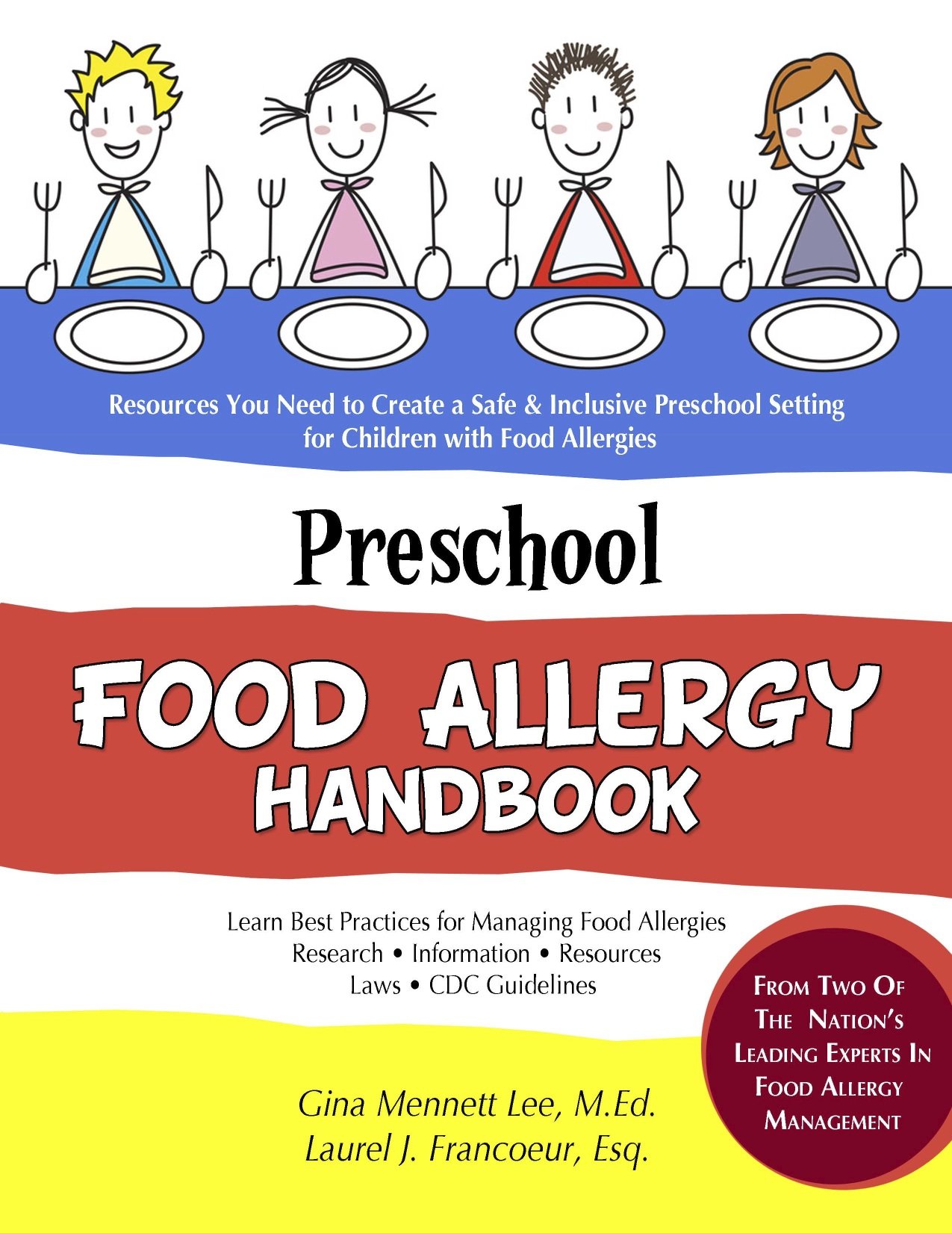By Gina Mennett Lee, M.Ed.
FoodAllergyConsulting.com
“What are you doing?” My husband asked incredulously. My eyes had been glued to my phone intermittently for hours over the weekend.
“Following the AAAAI Conference.”
“What is that?”
“The American Academy of Asthma Allergy and Immunology Annual Conference. I follow it every year to stay up to speed in the latest research. Docs from the conference are tweeting the most recent research and findings.”
As I snuggled into my home, fire blazing in our fireplace, snow falling outside for the umpteenth time this winter, some of the allergy field’s greatest medical minds were gathered to share information, debate current thoughts, and hob-knob.
Twitter is the closest I can be to a fly on the wall at the conference. It allows me access to the thoughts and notes of some of these doctors (some that I have pleasure of knowing) as they are listening to the speakers share their research and findings. Even better, it gives me a chance to ask questions.
I read, “favorite” and retweet furiously so I can refer back later and track down the research to read. Of course, I am partial to information related food allergies and anything relating to the school setting. I was also interested to see lots of discussion on more effective ways to treat asthma patients. I loved reading the tweets about the debate over whether or not OIT (Oral Immunotherapy) is ready for “primetime”. (Seems like the consensus was “not quite yet”.)
But, by far, the belle of the ball this year was the LEAP study.
The Learning Early About Peanut Study debuted as this year’s conference and the food allergy world was literally abuzz. Unfortunately, as this landmark study was released, so were a slew of misrepresentations on the actual implications of the study. Many people wrongly were proclaiming a cure and recommending people expose children with peanut allergies to peanuts.
Unfortunately, this study does NOT apply to the 15 million patients in the USA that already have food allergy.
It is, however, very promising as it indicates a potential to PREVENT peanut allergy in high risk infants. Further studies are being done to see if it applies to other allergens and what the long-term outcomes are for the patients in the study.
Below is a short video describing the thought behind the creation of this study.
For more information on the LEAP study, I invite you to read it as well as this excellent synopsis of it by Dr. David Stukus on the AsthmaAllergiesChildren.com website.
To see more of what I found interesting, you can read my twitter feed. Below are just a few examples.
Disclaimer: Tweets are but a snippet of the information. It is very important to find and read the research that interests you rather than relying on a tweet (or even a news article) to fully convey the information.
I am very thankful to all the doctors and other professionals that took the time to tweet at the AAAAI Conference as well as the dedicated research teams and patients involved in these studies. I hope all this excitement inspires you read some of the research and to follow along with me next year.







